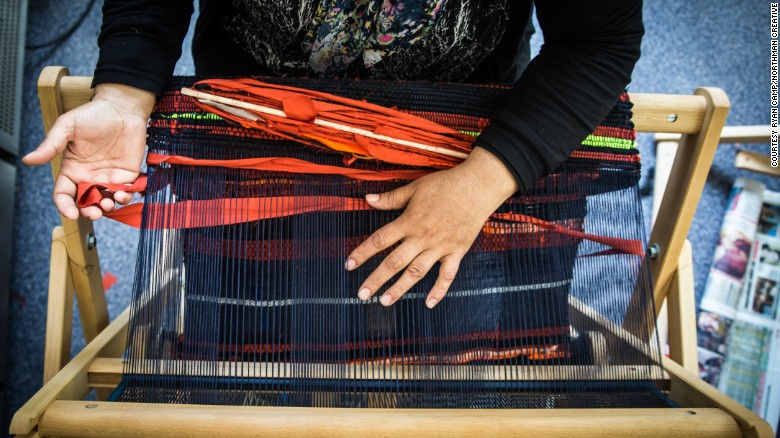Update #6
- Noor

- Aug 13, 2017
- 2 min read
This week has brought about good news, including the expansion of a 2015 UN agreement on the resettlement of refugees in the EU, and progress on initiatives that provide employment and health opportunities to Syrians.
The UN plans to resettle 22,000 refugees seeking asylum within the EU by 2018. This change, combined with previous policies, will increase the total number of Syrians entering Europe to 40,000 annually. German chancellor Angela Merkel has expressed her enthusiasm for this plan, stating that the newcomers would “not overstretch a continent with more than 500 million people”. In addition, this plan will release pressure on Italy, which is home to over 120,000 Syrians, as well as opening doors in the Eastern Europe.
When Syrian families arrive in a new country, women often have difficulty finding employment due to inadequate work permits or language barriers. Becca Stevens, a Nashville priest who has spent the past 20 years helping mothers find jobs, founded her latest project, The Welcome Project, in the Ritsona camp in Greece. This camp houses about 1,000 refugees, and it is described as sleepy, hopeless, and reeking with the stench of garbage. Stevens spoke with many of the women at the camp, many of whom were hesitant to trust a foreigner. Many of them alluded to their hatred for life vests, which were carried with them as they travelled to Greece. Some worn-down vests drowned relatives, while others were too expensive to purchase for the entire family. The Welcome Project aims to produce beauty from trauma through the creation of welcome mats from these life vests. The women at the camp are given training, payment, and English lessons from the weavers. Becca and her partners describe the mats as “a powerful symbol” and hope to further promote employment opportunities to Syrians.

Earlier this month, two doctors from Swansea, UK, Dr. Zubair Wani and Haroon Ali, visited the Adana camp in Turkey. They were appalled by the living conditions; flies came in contact with food, children were malnourished, there was little sanitation, and many did not have access to regular checkups. Wani and Ali raised over $17,000 in order to provide antibiotics, ointments, and painkillers to the refugees. Their efforts serve to remind us that small projects can have large impacts, and we all have a responsibility to donate our services to those in need.

Sources:
Eskind, Amy. "Nashville Priest Teaches Syrian Refugees to Transform Discarded Life Vests Into Welcome Mats: ‘They're a Powerful Symbol’." PEOPLE.com. Time Inc, 12 Aug. 2017. Web. 13 Aug. 2017. <http://people.com/human-interest/nashville-priest-teaches-syrian-refugees-to-transform-life-vests-welcome-mats/>.
Pettit, Carl. "Want to Help a Syrian Refugee? Eat Some Syrian Food." OZY. N.p., 13 Aug. 2017. Web. 13 Aug. 2017. <http://www.ozy.com/good-sht/want-to-help-a-syrian-refugee-eat-some-syrian-food/79646>.
"Swansea ABMU doctors treat hundreds of Syrian refugees." BBC News. BBC, 13 Aug. 2017. Web. 13 Aug. 2017. <http://www.bbc.com/news/uk-wales-south-west-wales-40875050>.
"UN seeks to expand EU plan for resettling refugees." Financial Times. N.p., 11 Aug. 2017. Web. 13 Aug. 2017. <https://www.ft.com/content/604cac12-7ea5-11e7-9108-edda0bcbc928>.







Comments